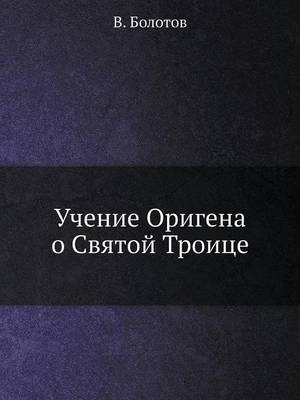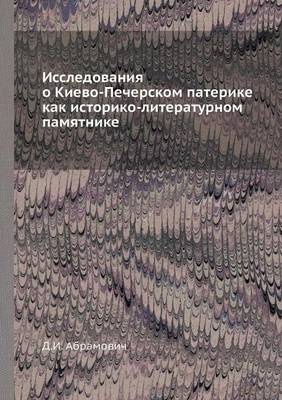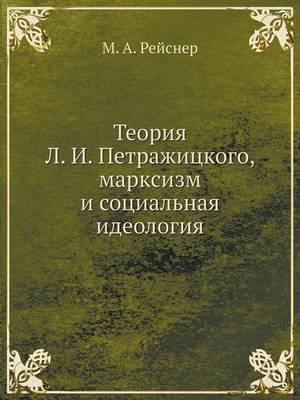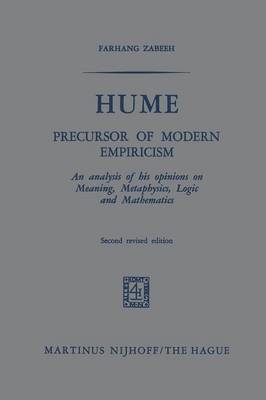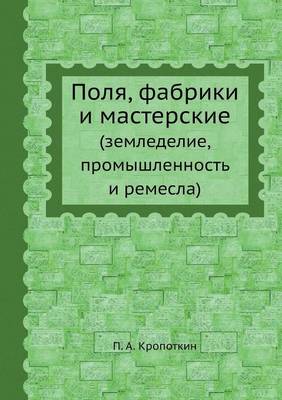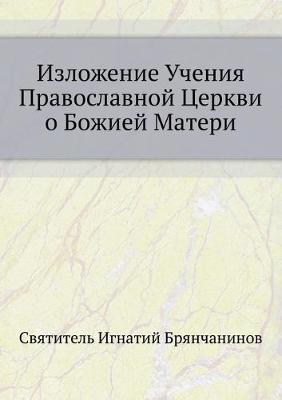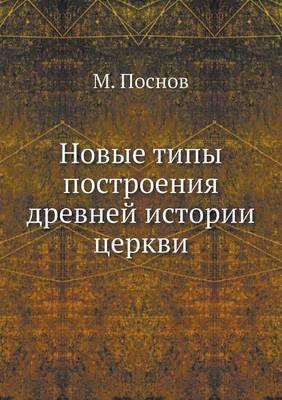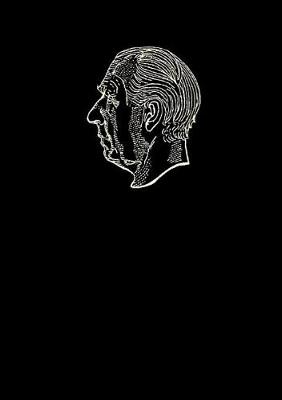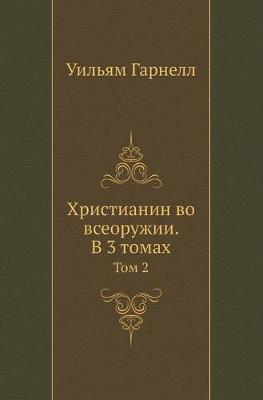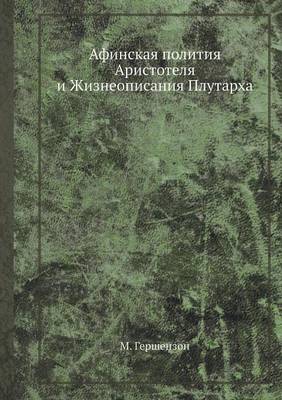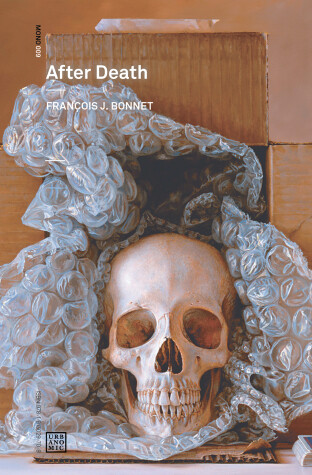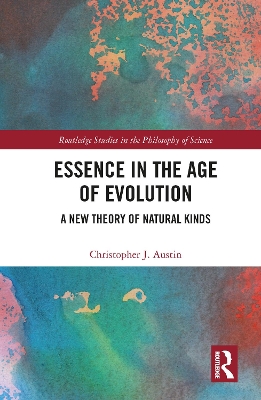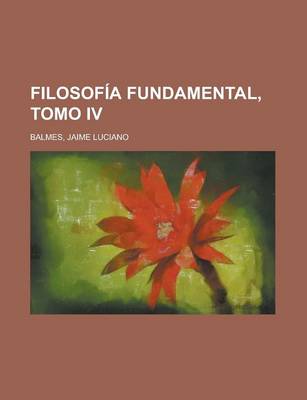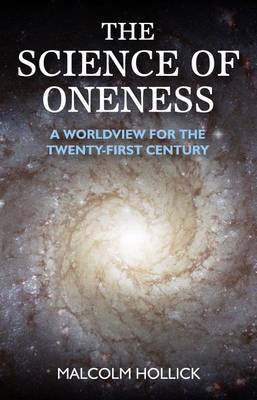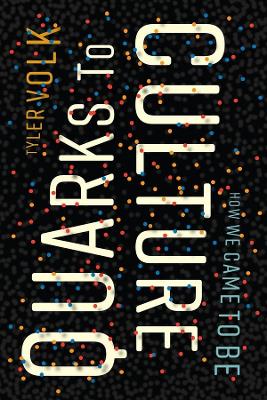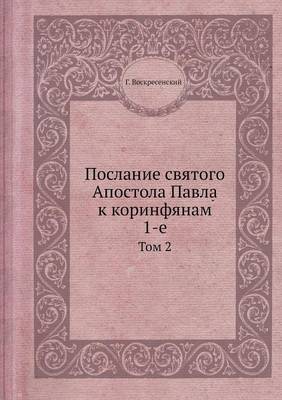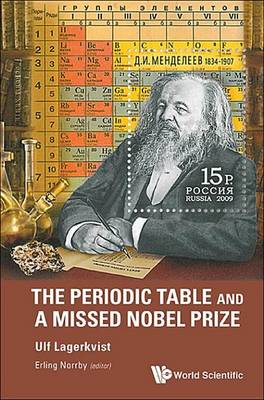On Aesthetics in Science (Design Science Collection)
There have been, in recent years, exhibitions that juxtapose abstract paintings with photographs taken through the electron microscope, and contemporary sculpture with molecular models, in order to demonstrate the closeness of modern art and the products of modern science (or the effect of nature seeming to imitate art). And parallels between Cubism and relativity, or between action painting and the indeterminate character of quantum phenomena, have been put forward as evidence of a twentieth ce...
Reality, Complexity, Chromaticity
Исследования о Киево-Печерском патерике к
by Д.И. Абрамович
Теория Л. И. Петражицкого, марксизм и социал&#
by М.А. Рейснер
David Hume is the most influential precursor of modern empiri cism. By modern empiricism, I intend a belief that all cognitive conflicts can be resolved, in principle, by either appeal to matters off act, via scientific procedure, or by appeal to some sets of natural or conventional standards, whether linguistic, mathematical, aes thetic or political. This belief itself is a consequent of an old appre hension that all synthetic knowledge is based on experience, and that the rest can be reduce...
Изложение Учения Православной Церкви о Бо
by Ignatij Bryanchaninov
Complementarity Beyond Physics (1928-1962) (Niels Bohr - Collected Works, #10)
This volume is divided into five parts. The title of the volume refers primarily to part I, which is by far the largest and comprises papers discussing the fundamental questions of biology and related psychological and philosophical problems. Following the reproduction of papers brought to publication by Bohr, there is a separate Appendix to Part I including some of Bohr's most interesting and substantive unpublished contributions in this area. The papers in Part I span the last thirty years of...
The 2009 Import and Export Market for Processed Cheese in Solid Form in Japan
by Philip M. Parker
A disturbing portrait of a society deliriously dreaming itself as eternal, instantaneous, and infinite.At least for the time being, we humans are still finite and mortal—but death isn't what it used to be. As the body is technologically extended in space and time, we are split between our finitude and our doubled presence in a limitless web of signs, an “immortal” world of information. After Death offers a penetrating philosophical diagnosis of our contemporary condition, describing not only an...
Essence in the Age of Evolution (Routledge Studies in the Philosophy of Science)
by Christopher J. Austin
This book offers a novel defence of a highly contested philosophical position: biological natural kind essentialism. This theory is routinely and explicitly rejected for its purported inability to be explicated in the context of contemporary biological science, and its supposed incompatibility with the process and progress of evolution by natural selection. Christopher J. Austin challenges these objections, and in conjunction with contemporary scientific advancements within the field of evolutio...
Ethical Issues in Biomedical Sciences
This major work outlines the philosophy and methods of the new Science of Oneness. It takes a fresh look at the findings of modern science, including fringe fields such as parapsychology, and integrates them with insights from spiritual traditions. Weaving science together with experiential, spiritual and cultural knowledge, balancing openness to all sources with critical evaluation of their reliability, it presents a scientifically valid vision of reality that is conscious, creative, loving, an...
Our world is nested, both physically and socially, and at each level we find innovations that are necessary for the next. Consider: atoms combine to form molecules, molecules combine to form single-celled organisms; when people come together, they build societies. Physics has gone far in mapping the basic mechanics of the simplest things and the dynamics of the overall nesting, as have biology and the social sciences for their fields. But what can we say about this beautifully complex whole? How...
Послание святого Апостола Павла к коринфя
by Г. Воскресенский
The Periodic Table and a Missed Nobel Prize
by Professor Ulf Lagerkvist
The Philosophy of Science Fiction Film
by Professor of Philosophy Emeritus Steven Sanders
